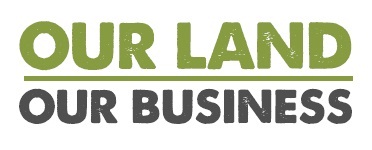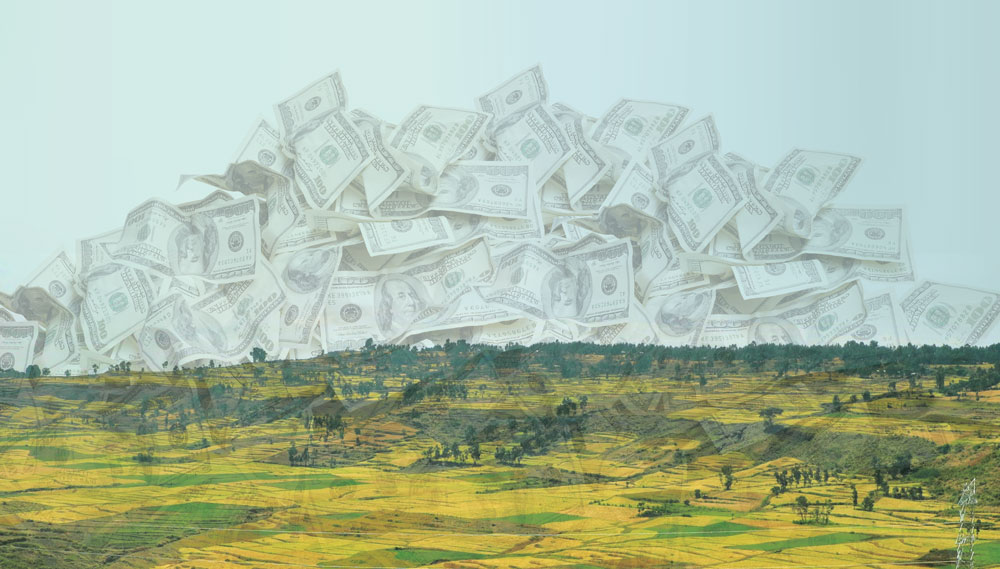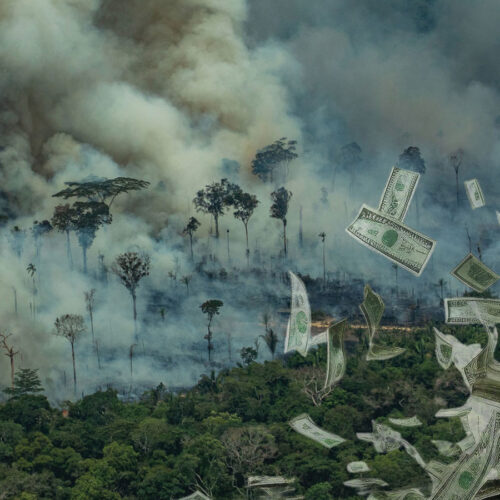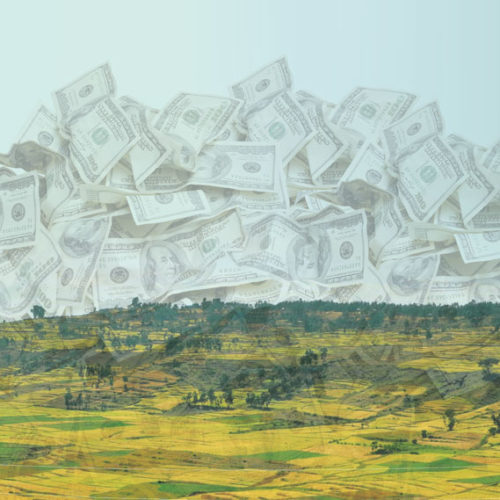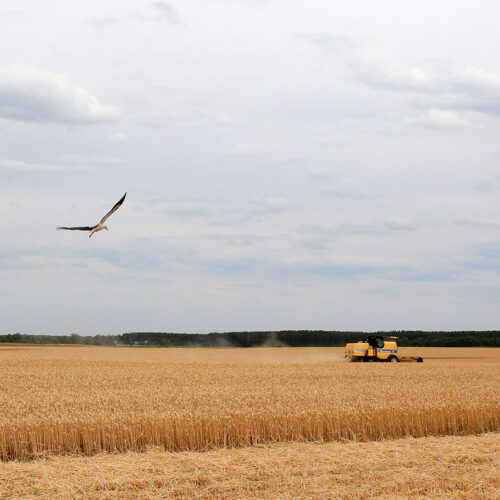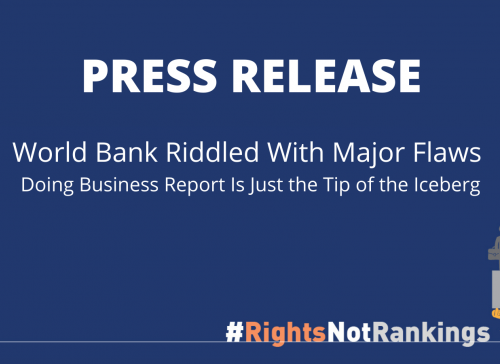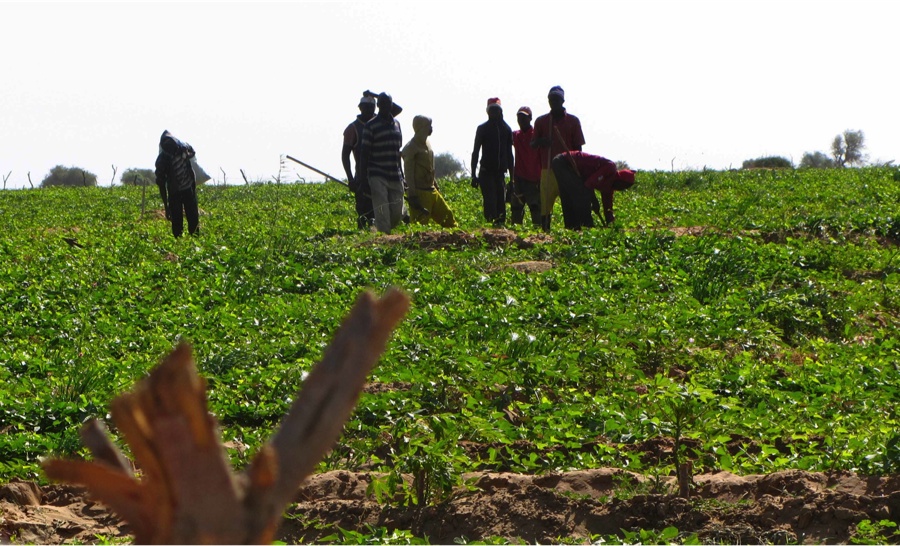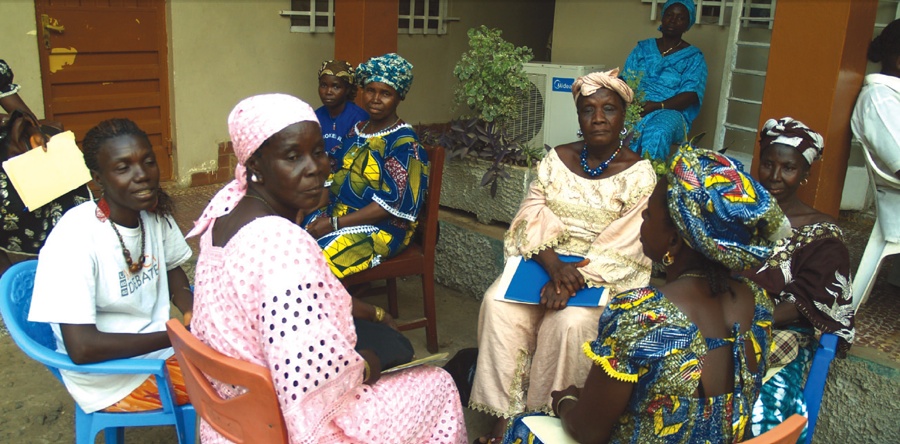World Bankers
Corporations are on a land grab across the world
with help from the World Bankers
The World Bank’s Doing Business ranking gives points to countries when they act in favor of the “ease of doing business.” This consists of smoothing the way for corporations’ activity by, for instance, cutting administrative procedures, lowering corporate taxes, removing environmental and social regulations, or lowering trade barriers.
The ranking system also encourages land reforms that tend to make land just a marketable commodity, easily accessible to wealthy corporations. In the process, they neglects things like human rights, the protection of workers, and the sustainable use of natural resources.
Read the reports
Read our special report: Down On the Seed, the World Bank Enables Corporate Takeover of Seeds
Who’s losing out?
The people most impacted by these policies are smallholder farmers, who produce 80 percent of the food consumed in the developing world. They are the backbone of the food system and are by far the principal investors and main employers in developing countries’ agricultural sector. It is their capacity to invest and develop their land that should be strengthened.
There is more than enough food for everyone, if proper support is given to smallholder farmers , pastoralists and Indigenous Peoples. The World Bank’s preference, though, is to use its power, through weapons like the Doing Business rankings and Benchmarking the Business of Agriculture, to impose its one-size-fits, corporate-led all model of development. This jeopardizes developing countries’ ability to feed themselves and helps drive inequality all over the world.
